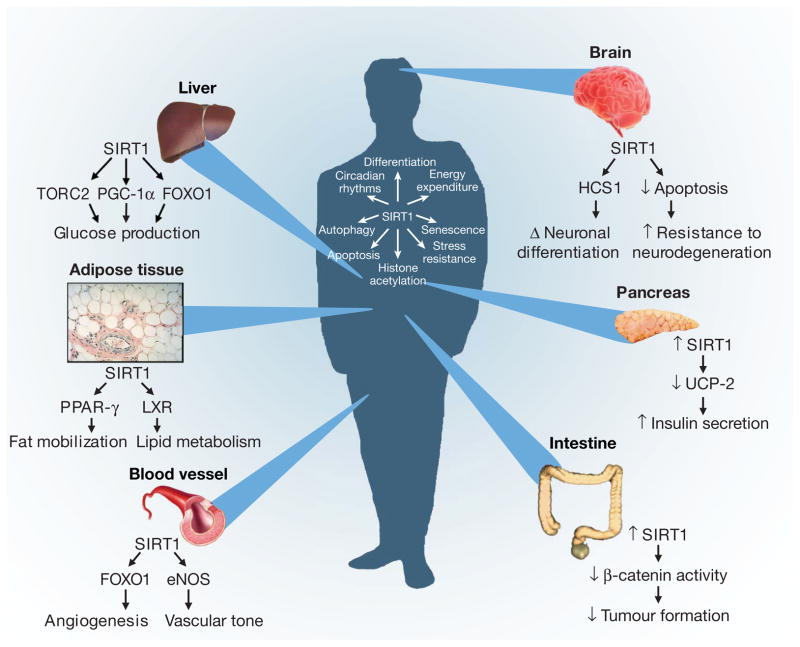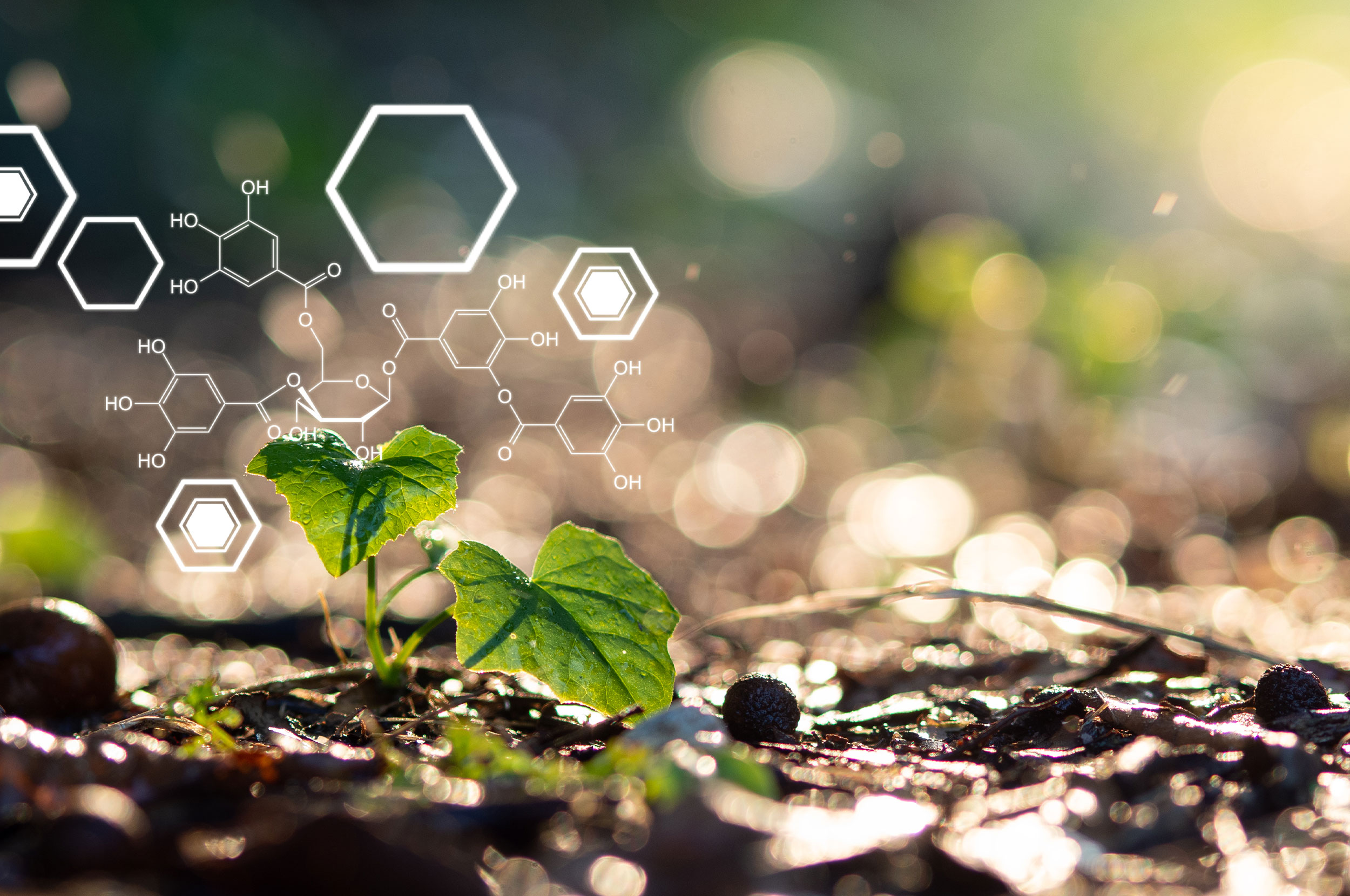Creating new pharmaceuticals is quite a rigorous process that involves a lot of time, money and research/studies. One interesting piece of information that I came across, is that since 1981 (in the case of cancer, since the 1940s), approximately 64% of therapeutics and nearly half of those used for cancer, are those that, in some shape or form, were derived from natural products (Mayack et al., 2020). In order to get to this stage within a study, not only does it require a lot of research, but it must be regulated in order to be used as a therapeutic. Before highlighting the potential and importance of natural products on overall health, I would like to underline some precautions in regards to some products on the market. When it comes to natural extracts, unlike pharmaceuticals, this area lacks these vigorous processes and are not as regulated as they should be. It is important that consumers become knowledgeable about this fact, to make sure that the natural products they purchase for their personal health are:
- Those that are backed by scientific evidence,
- Those that are standardized at doses found to be effective, and
- Are bioavailable within the biological systems.
What are sirtuins and what is their importance on human health?
Sirtuins (for fellow science enthusiasts, are NAD-dependent deacetylases) have many biological functions within the human body. Such functions/involvement include transcriptional suppression, cell survival, cell death, tumor suppression, cardio-protection, Alzheimer’s disease, memory formation, circadian rhythm, DNA damage, inflammation, and much, much more! This is the reason why the popularity of sirtuins has increased over the last two decades. Its link to aging started with experiments that deleted their genes (Sir2) in lower organisms (budding yeast; Saccharomyces cerevisiae ) and it was found that the lifespans decreased immensely. Their actions are therefore essential or are very beneficial to longevity in health.
With further research, it was then discovered that sirtuins, in fact, regulate the lifespans of lower organisms, and has extensive implications in humans, including longevity. From there, popularity grew exponentially. “Over the last decade, the study of sirtuins has made remarkable progress and expanded our knowledge regarding aging and aging-related diseases. However, our understanding of sirtuin biology is still far from complete and many important questions remain to be answered.” (Karaman Mayack et al., 2020).

“The diverse physiological roles of the sirtuins” (Finkel et al., 2009)
The above image depicts merely a small snapshot of the implication of sirtuins, specifically that of SIRT1, when in fact, mammals have seven forms of sirtuins (SIRT1 to SIRT7). However, this image was chosen to illustrate the implication of how SIRT1 also affects other genetic pathways. What I would like to particularly note, is the that of the FOXO1 gene. The FOXO genes have been found to coordinate the balance between tumor suppression and longevity (Carter et al., 2007). These FOXO genes, particularly FOXO3 is one of the main genes found to extend the lives of centenarians in regards to their maintenance and repair processes. This is only one of the many applications in which sirtuins may have influence on longevity; one can only imagine the many more!
Considering the importance of sirtuins and their prevalent functions within the body, it is obvious why they are considered so high in regard in many areas of scientific investigation towards searching for therapeutics. Research has shown over the last decade that there is a trend that the activity of sirtuins decrease over the lifespan, which is therefore a targeted area of exploration towards finding modulators which could enable their positive function within the body. The question remains, how can we maintain or increase their positive action within the body to sustain life or delay/hinder the onset of disease?
The role of natural products
Resveratrol and chromone-derived natural products, as well as other natural agents (such as flavonoids, alkaloids, etc.) were found to modulate or even activate sirtuins along the spectrum of different biological functions. Resveratrol, a term you may have previously come across while delving into the world of longevity or merely through discovering the benefits of red wine, is a naturally occurring polyphenol, that possesses a high antioxidant and anticancer potential. It has, in fact, been found by Karaman Mayack and associates that resveratrol along with its derivatives can have a direct effect on the biological functions of sirtuins. They found that different chemical structures of resveratrol elicit respective biological responses by sirtuins. It is for this reason that research is now observing these effects in order to find the correct structure to elicit the desired biological response.
Another class of natural products which are involved with many biological functions associated to age-related diseases are chromone-derived natural products. Chromone-derived compounds belong to the flavonoid family, which is found naturally in many foods, show many positive effects on the body; including anti-cancer, anti-inflammatory and even positive effects towards Alzheimer’s disease, amongst others. One familiar chromone-derived natural product would be quercetin. These natural products were also found, by Karaman Mayack and associates, to influence the different forms of sirtuins within the body, thereby demonstrating modulating effects.
Bottom line
What it comes down to, is that main biological pathways are still being mapped by researchers, and the modulators of these pathways in regards to some diseases are also still being investigated. Most diseases are age-related, and if researchers could find therapeutic targets for these diseases, not only would the weight on our healthcare be much lessened, but the overall population would be able to sustain their overall health for longer periods of time. Natural products have vast potential in this specific area, and since scientific research is extremely demanding for pharmaceuticals, the focus on natural products and their derivatives are even more highlighted. With all the experimentation under way, it seems that many solutions are close at our fingertips. The research of today gives way to a promising tomorrow indeed!
More specifically, our research team is helping to advance knowledge about the role resveratrol can play in ensuring healthy longevity. Our research with Concordia University has taught us that the synergistic capacities of resveratrol make it an ideal partner for increasing the beneficial effects on longevity of other gerosuppressive agents such as olive polyphenols. That’s why we created the Vitoli Healthy Aging product.
I hope you enjoyed this article and I look forward to writing more on other relevant health topics! Feel free to message us with any comments or enquiries you may have.
Info@vitoli.com
Other suggested topics:
- Olive Polyphenols Protect Against Aging (Article 1 of 2)
- Olive Polyphenols Can Increase Life Expectancy? (Article 2 of 2)
- Resveratrol: How to Respond to the Risk of Death!
- Concordia University and Idunn Technologies Unveil New Findings to Slow the Processes of Aging.
References:
- Karaman Mayack B, Sippl W, Ntie-Kang F. Natural Products as Modulators of Sirtuins. Molecules. 2020; 25(14):3287.
- Rahnasto-Rilla, M., Tyni, J., Huovinen, M. et al. Natural polyphenols as sirtuin 6 modulators. Sci Rep 8, 4163 (2018). https://doi.org/10.1038/s41598-018-22388-5
- Mahajan SS, Leko V, Simon JA, Bedalov A. Sirtuin modulators. Handb Exp Pharmacol. 2011;206:241-255. doi:10.1007/978-3-642-21631-2_11
- Lee SH, Lee JH, Lee HY, Min KJ. Sirtuin signaling in cellular senescence and aging. BMB Rep. 2019;52(1):24-34. doi:10.5483/BMBRep.2019.52.1.290
- Costa-Machado LF, Fernandez-Marcos PJ. The sirtuin family in cancer. Cell Cycle. 2019;18(18):2164-2196. doi:10.1080/15384101.2019.1634953
- Favero G, Franceschetti L, Rodella LF, Rezzani R. Sirtuins, aging, and cardiovascular risks. Age (Dordr). 2015;37(4):9804. doi:10.1007/s11357-015-9804-y
- Yuan H, Ma Q, Ye L, Piao G. The Traditional Medicine and Modern Medicine from Natural Products. Molecules. 2016;21(5):559. Published 2016 Apr 29. doi:10.3390/molecules21050559
- Nakagawa and Guarente L. Sirtuins at a glance. Cell Science at a Glance. Journal of Cell Science 2011 124: 833-838; doi: 10.1242/jcs.081067
- Johnson FB, Sinclair DA, and Guarente L. Molecular biology of aging. Cell. 1999; 96(2):291–302. DOI:https://doi.org/10.1016/S0092-8674(00)80567-X
- Kaeberlein M. Lessons on longevity from budding yeast. Nature. 2010; 464: 513- 519. DOI: 10.1038/nature08981
- Finkel T, Deng CX, Mostoslavsky R. Recent progress in the biology and physiology of sirtuins. Nature. 2009 Jul 30;460(7255):587-91. doi: 10.1038/nature08197. PMID: 19641587; PMCID: PMC3727385.
- Carter ME, Brunet A. FOXO transcription factors. Curr Biol. 2007 Feb 20;17(4):R113-4. doi: 10.1016/j.cub.2007.01.008. PMID: 17307039.
- Salehi B, Mishra AP, Nigam M, et al. Resveratrol: A Double-Edged Sword in Health Benefits. Biomedicines. 2018;6(3):91. Published 2018 Sep 9. doi:10.3390/biomedicines6030091
- Wen H, Xue N, Wu F, et al. Exploration of the Fluorescent Properties and the Modulated Activities against Sirtuin Fluorogenic Assays of Chromenone-Derived Natural Products. Molecules. 2018;23(5):1063. Published 2018 May 2. doi:10.3390/molecules23051063
- Mohsin NUA, Irfan M, Hassan SU, Saleem U. Current Strategies in Development of New Chromone Derivatives with Diversified Pharmacological Activities: A Review [published online ahead of print, 2020 Jun 15]. Pharm Chem J. 2020;1-17. doi:10.1007/s11094-020-02187-x
- Dang W. The controversial world of sirtuins. Drug Discov Today Technol. 2014;12:e9-e17. doi:10.1016/j.ddtec.2012.08.003
- Sinclair DA, Guarente L. Small-molecule allosteric activators of sirtuins. Annu Rev Pharmacol Toxicol. 2014;54:363-380. doi:10.1146/annurev-pharmtox-010611-134657
- Howitz KT, Bitterman KJ, Cohen HY, et al. Small molecule activators of sirtuins extend Saccharomyces cerevisiae lifespan. Nature. 2003;425(6954):191-196. doi:10.1038/nature01960
- Xiang L, Sun K, Lu J, et al. Anti-aging effects of phloridzin, an apple polyphenol, on yeast via the SOD and Sir2 genes. Biosci Biotechnol Biochem. 2011;75(5):854-858. doi:10.1271/bbb.100774
- Morselli E, Maiuri MC, Markaki M, et al. Caloric restriction and resveratrol promote longevity through the Sirtuin-1-dependent induction of autophagy. Cell Death Dis. 2010;1(1):e10. doi:10.1038/cddis.2009.8






